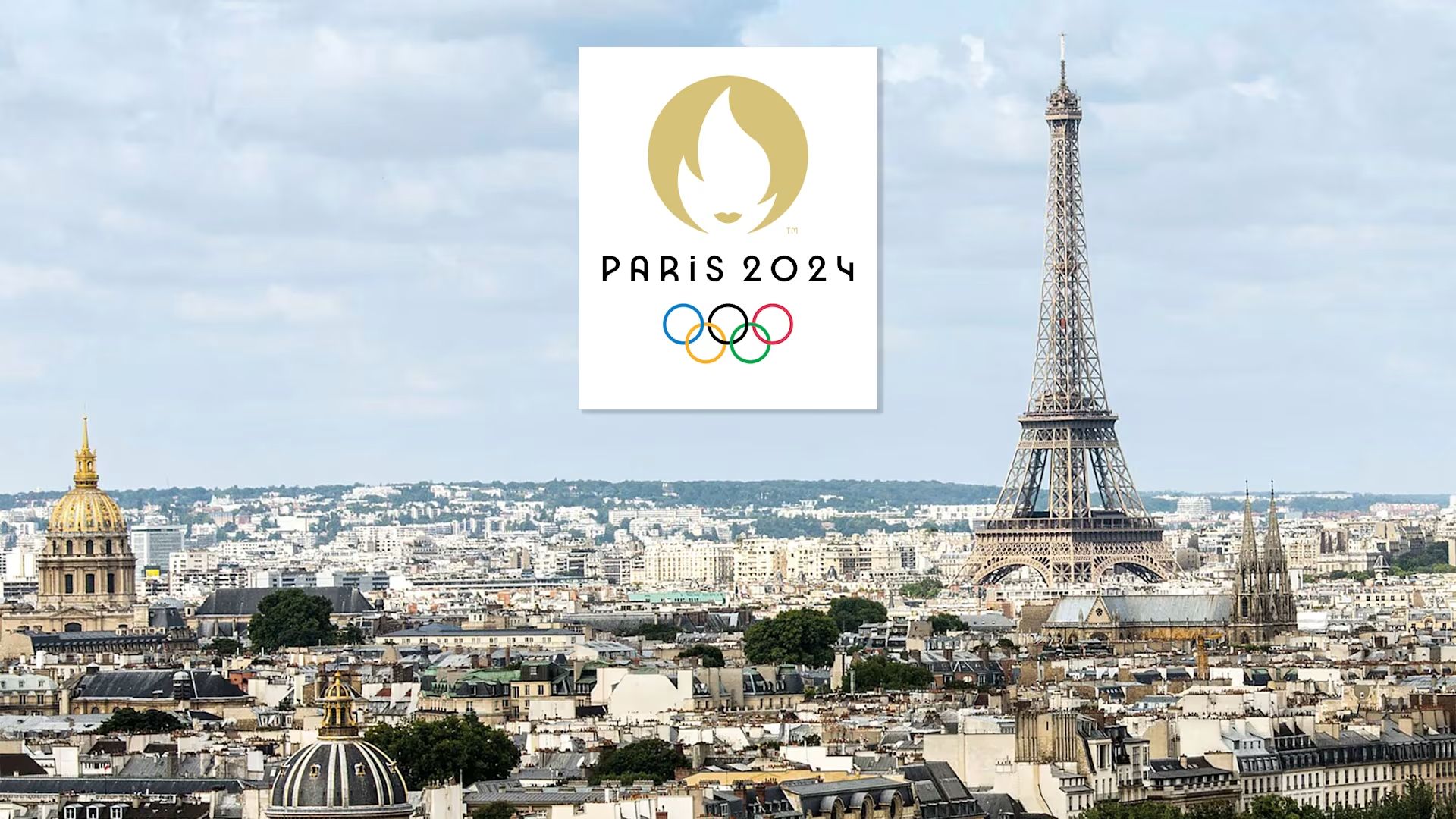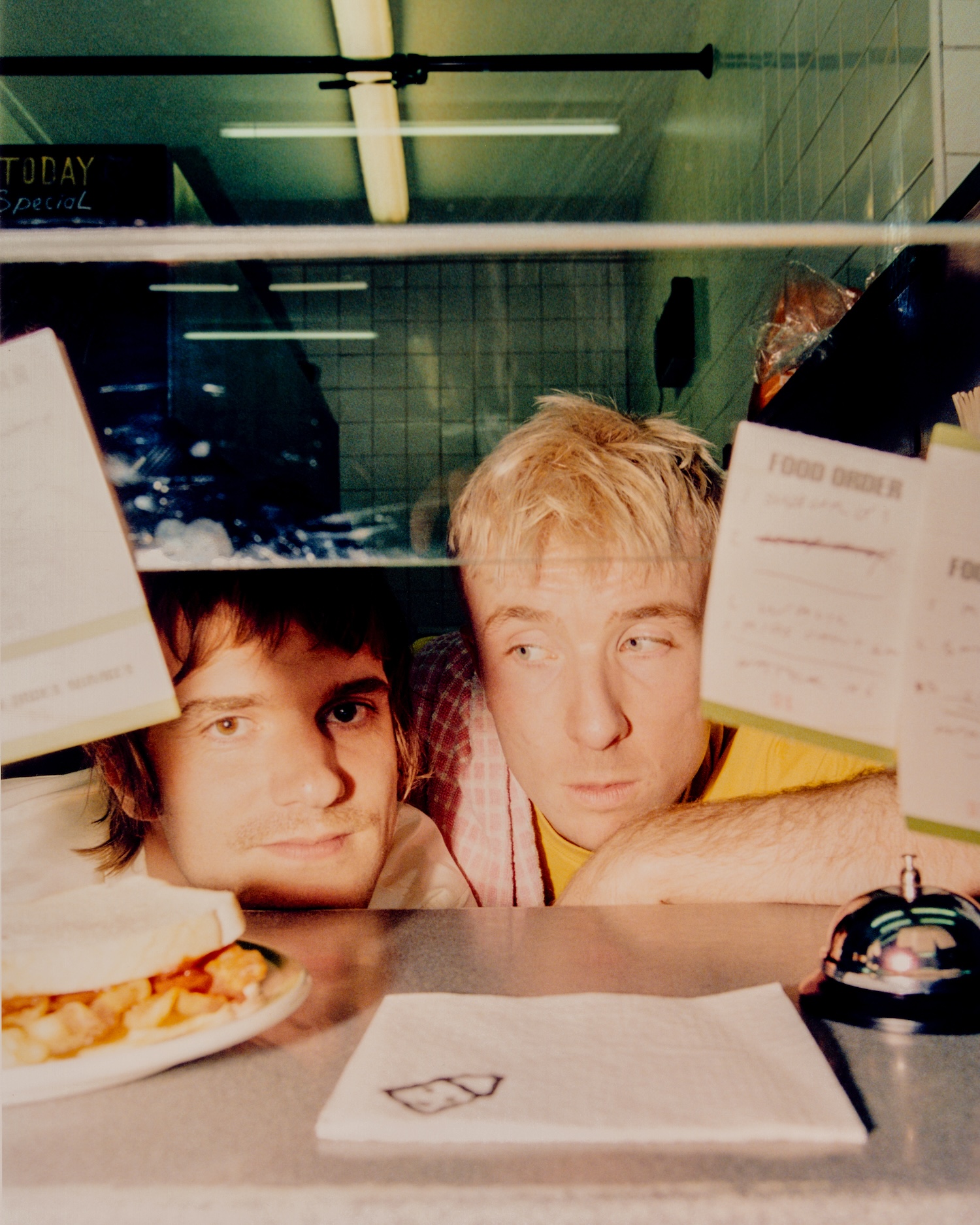
Breaking (or as it is now known to most of you, breakdancing) is one of those sports with widespread popularity out there on the streets and amongst the youth but with disproportionately low recognition by the wider population. It’s a dance style that has its roots in New York’s notorious streets of the Bronx, dating back to the 70s when elements of the emerging -at the time- hip-hop culture got enriched by rhythmic breaks and acrobatic moves and began to unfold under the DJs’ mixing sounds of dance records.
This dance style got out of the streets and started becoming a full-fledged dance competition realm when regulatory frameworks and organizing bodies decided to take it to more professional levels. Breaking became extremely popular among the global dancing community and attracted the attention of huge brands like Red Bull, which notably has started sponsoring mega breakdancing competitions across the planet, bringing the sport one step closer to mainstream and making it a considerable market offered by all gcash betting sites in the world. Before that, around the 1990s Breaking tours were everywhere, taking the specific dance style to the general public.
Breaking’s breakthrough to the world of sports was when it started being considered for inclusion by the Olympic Movement. In 2018, it was first presented at the 2018 Buenos Aires Youth Olympic Games, marking a new era for the incredibly modern and mind-blowing dance sport.
But the real deal came with the announcement that Breaking would feature at the Paris 2024 Olympics, a milestone that would hopefully change its entire pathway and appeal to the global population. And while the World DanceSport Federation (WDSF) was celebrating this accomplishment, they got snubbed by the LA28 Olympic Committee, which decided to leave out Breaking and welcome five other sports instead -namely, cricket, lacrosse, squash, flag football, and baseball/softball.
Ironically, Breaking will also be part of the Dakar 2026 Summer Youth Olympics, but it will be left out of the 2028 Games in LA. Although this is certainly a big slap on the face for the dancing community and for all people who love to follow and watch Breaking competitions, the good thing is that the WDSF has one more chance to make it to the Olympic Games. The 2032 Brisbane Games is now the next frontier for Breaking and according to Federation’s officials, they are determined and absolutely committed to taking the sport there.
Its on-and-off debuts at the Olympics are not doing any good to Breaking.
On the one hand, Paris 2024 showed tremendous support but admitted that including breakdancing was a strategic move to capture the interest of younger people across the world and bring the Olympic Games one step closer to the emerging adults of every corner of this planet, plus gain access to sports bettors by having experts analyze such markets. This was particularly positive for Breaking because being recognized as an Olympic Sport immediately brings it on the map of the most popular sports and to the spotlight, attracting global attention.
Global attention means more people getting to know breakdancing, and more people becoming fans of the sport. These have further implications for the growth of the sport – higher viewership, stronger fandom base, emerging sports betting revenues for online bookmakers PH or global betting sites like 22Bet, greater sponsorships, more visibility, etc. Things that are too crucial for any sport that wants to develop and grow.
For breakdancing, its debut in the Paris 2024 Games will most probably be everything that the WDSF has hoped for regarding the plans to make it a global sport. But the fact that Breaking will not appear in the following Olympiad in LA only raises questions as to the sport’s true global character and support from the broader IOC.
That’s because having a sport in an on-and-off mode when it comes to the Olympics, simply shows that there is little ‘faith’ on the part of the Olympic Movement and the IOC. While the decision for additional Olympic sports falls with the IOC, sometimes it is the host city that makes this ‘extra’ push for a new sport. That was the exact case of what happened with the Paris 2024 Committee, which was the driving force and the primary mechanism for bringing Breaking to the Games.
Failing to make it to the next Olympics in 2028 has been really disappointing and disturbing for the global dancing community. However, as the WSDF asserts, breakdancing will definitely make it to Brisbane and solidify its position in the world’s ultimate celebration of sports.




